A year in Hüll – Development of a variety
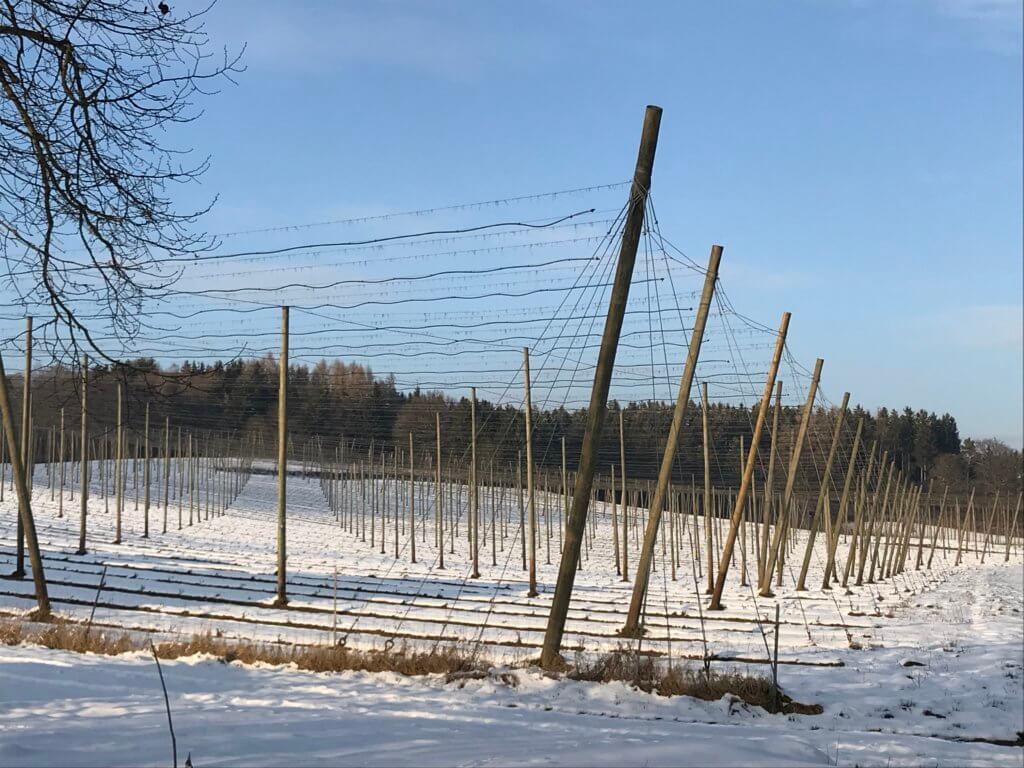
Dormant Season
Seedlings need the cold to germ in the spring.
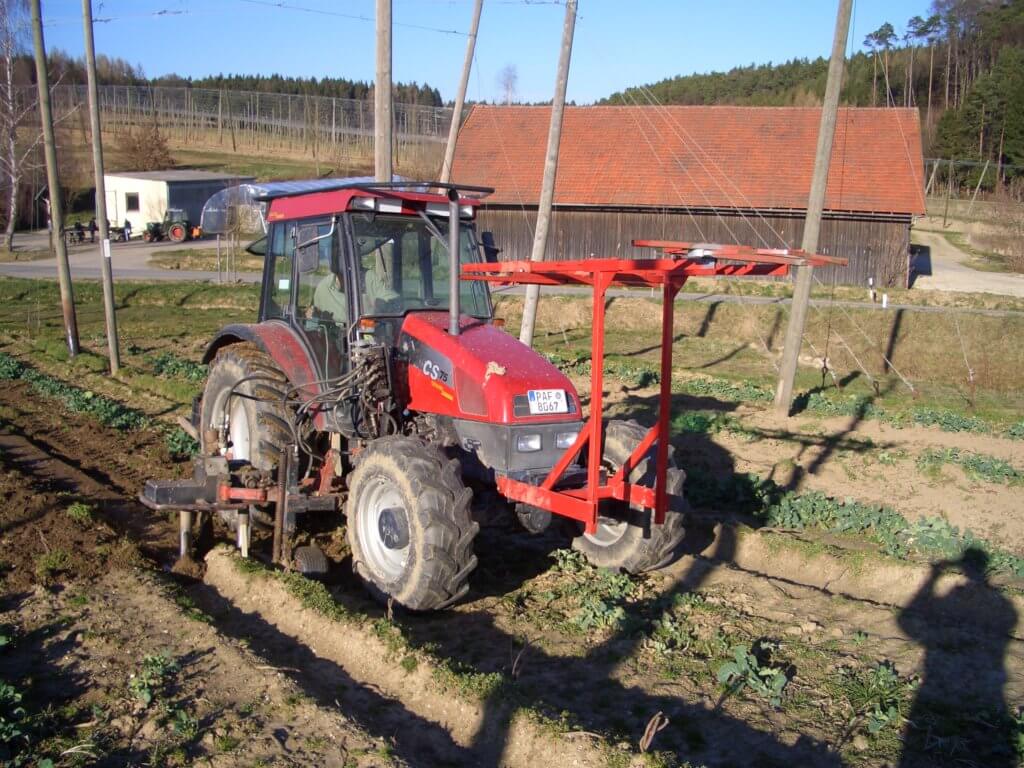
Hop pruning in the experimental hop yard.
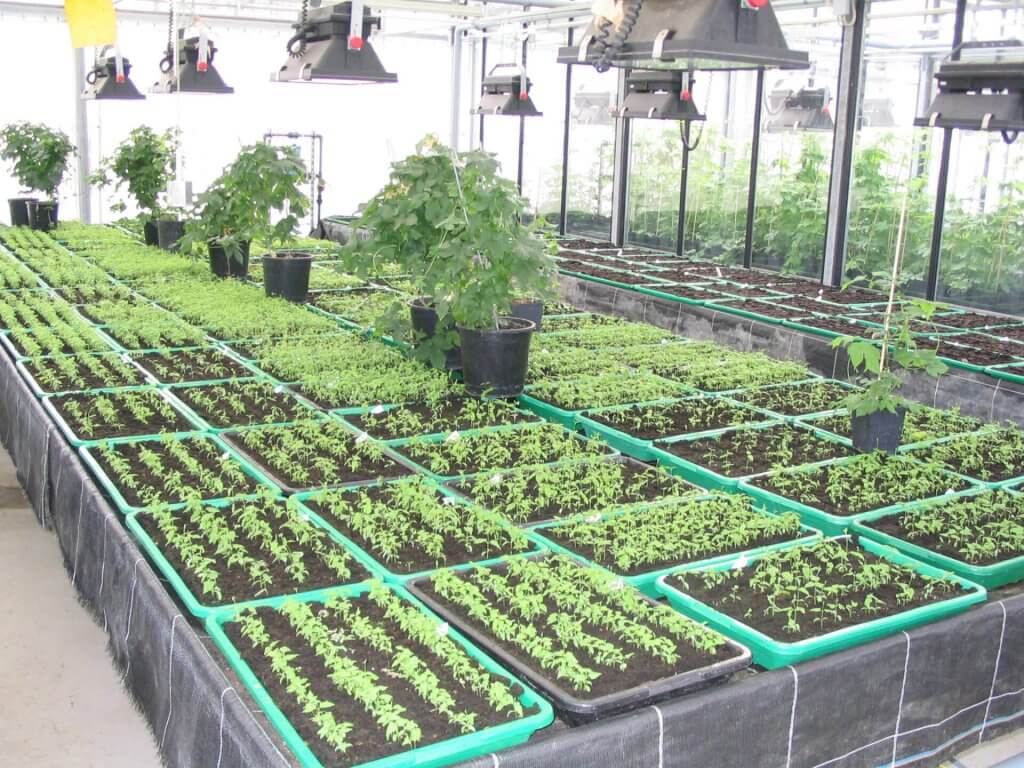
Checking for mildew
The new seedlings are checked for mildew.
Hop plants that are infected with mildew are brought to healthy seedlings in the greenhouse. Seedlings that, as a result, get infected with mildew are sorted out. The remaining plants stay in the race to become a new breeding line.
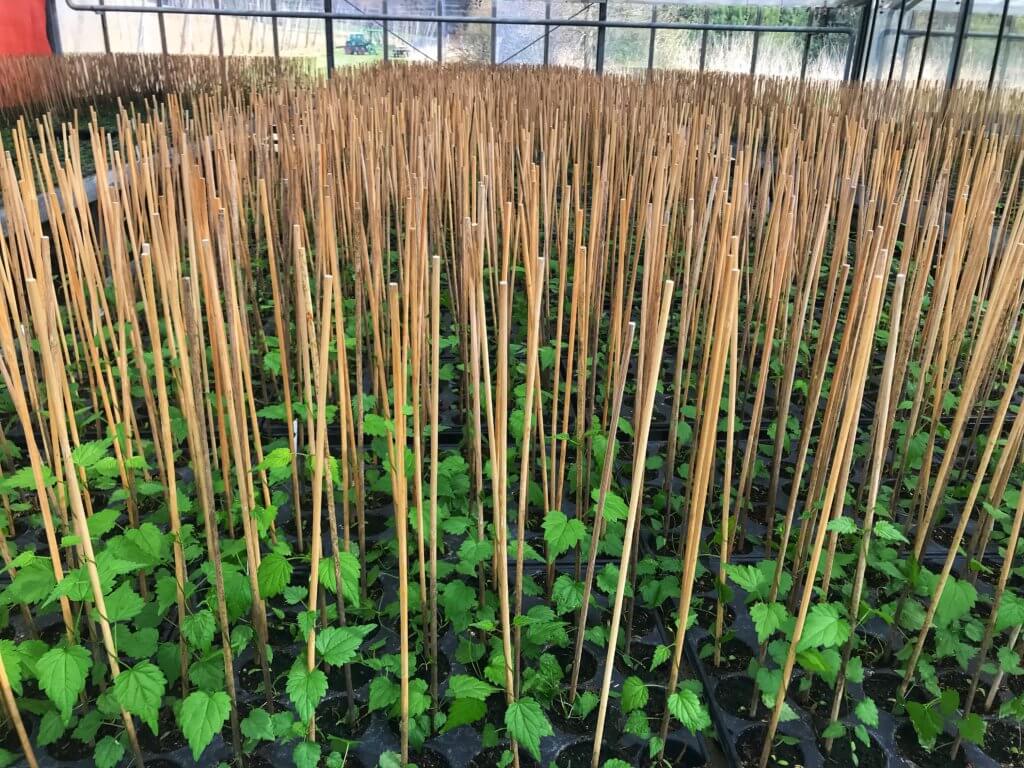
The seedlings grow up!
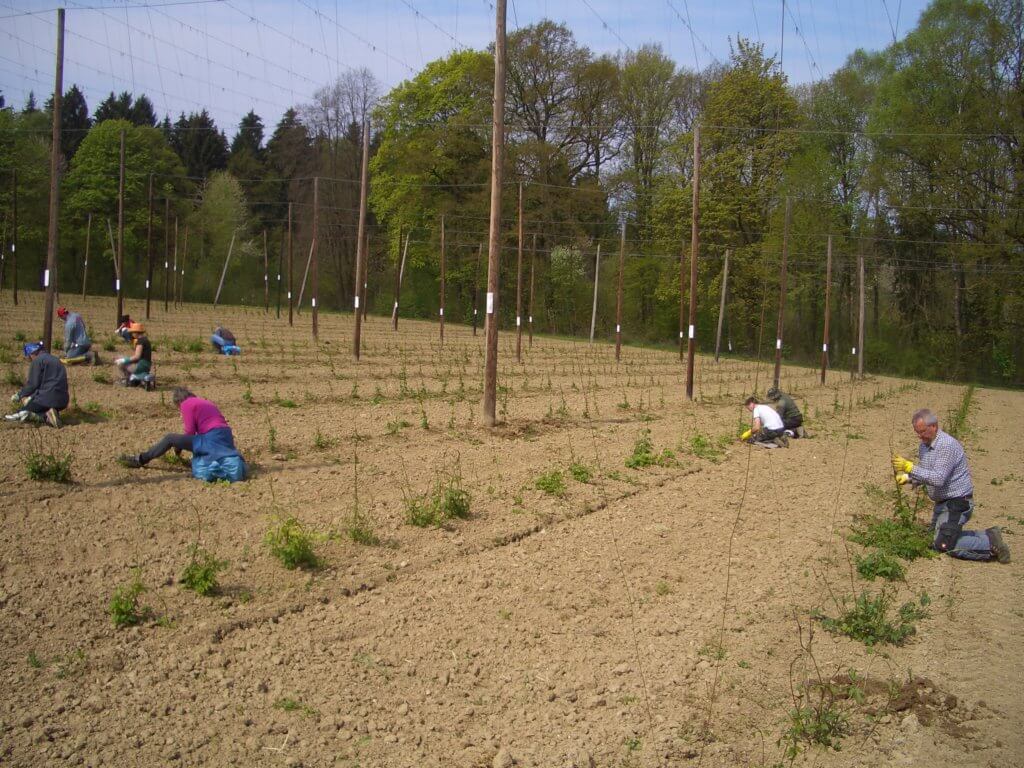
Training in the breeding yard
Hops Needs to bee trained to grow upwards. For this purpose, every single plant is winded around a wire by Hand – a really strenuous work!
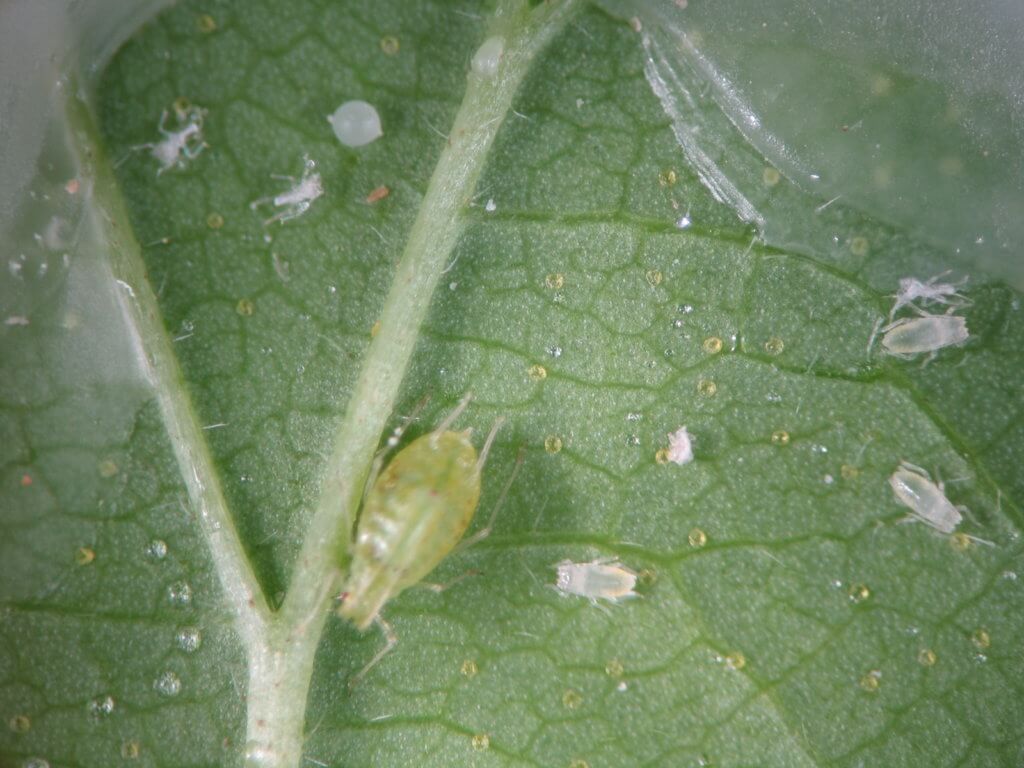
Monitoring for hop aphid
All over the year, hop plants are controlled for insects.
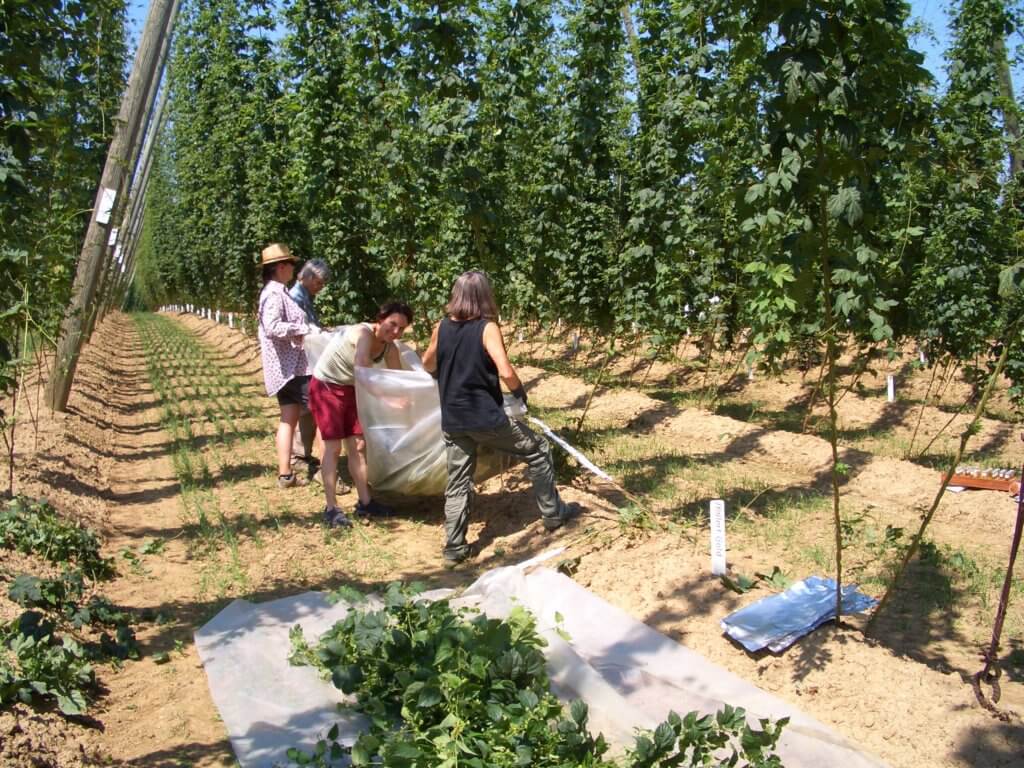
Fertilization
A hop vine is systematically pollinated with pollen of a male hop plant. In order not to transfer the pollen to other female plants, the experts use a foil.
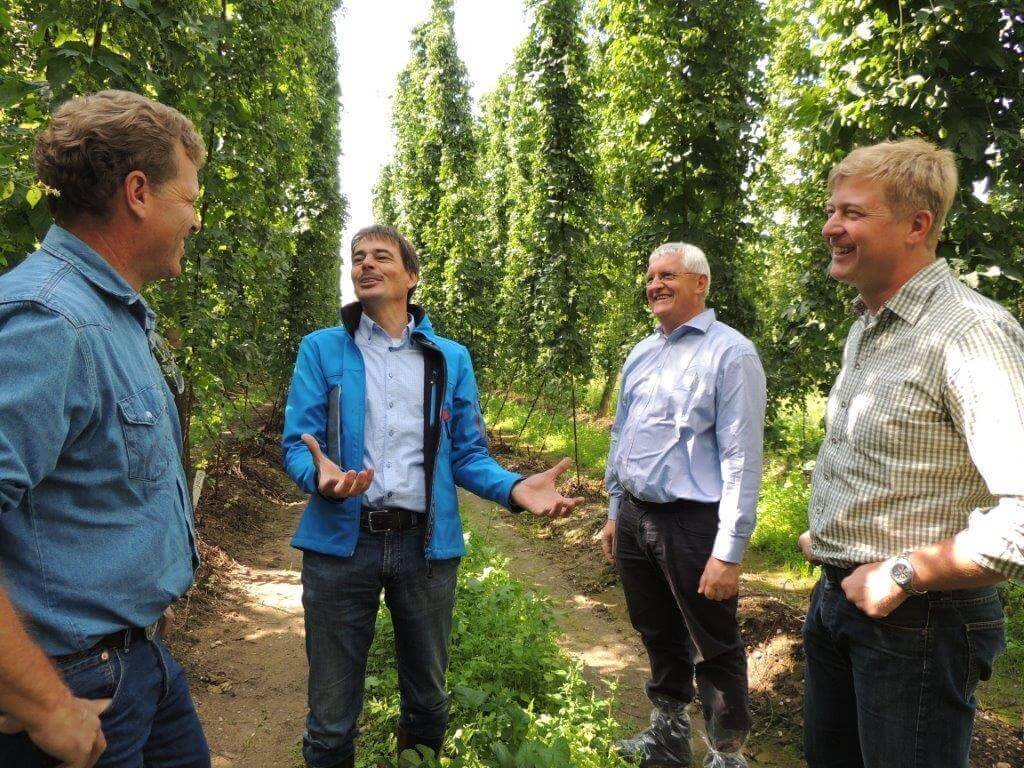
A guided tour with interessted brewers
Shortly before harvest, interessted brewers have the opportunity, to experience the essential part of their daily work and to get the latest information about Hüller breeding lines.
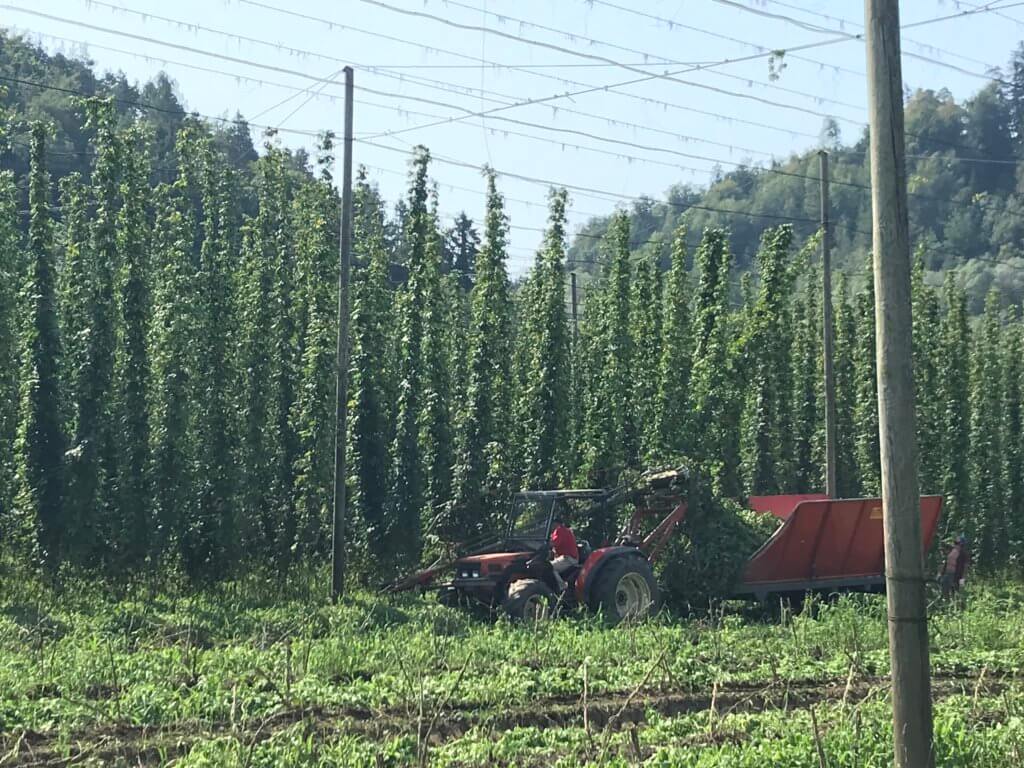
Harvest! Hops aroma is in the air!
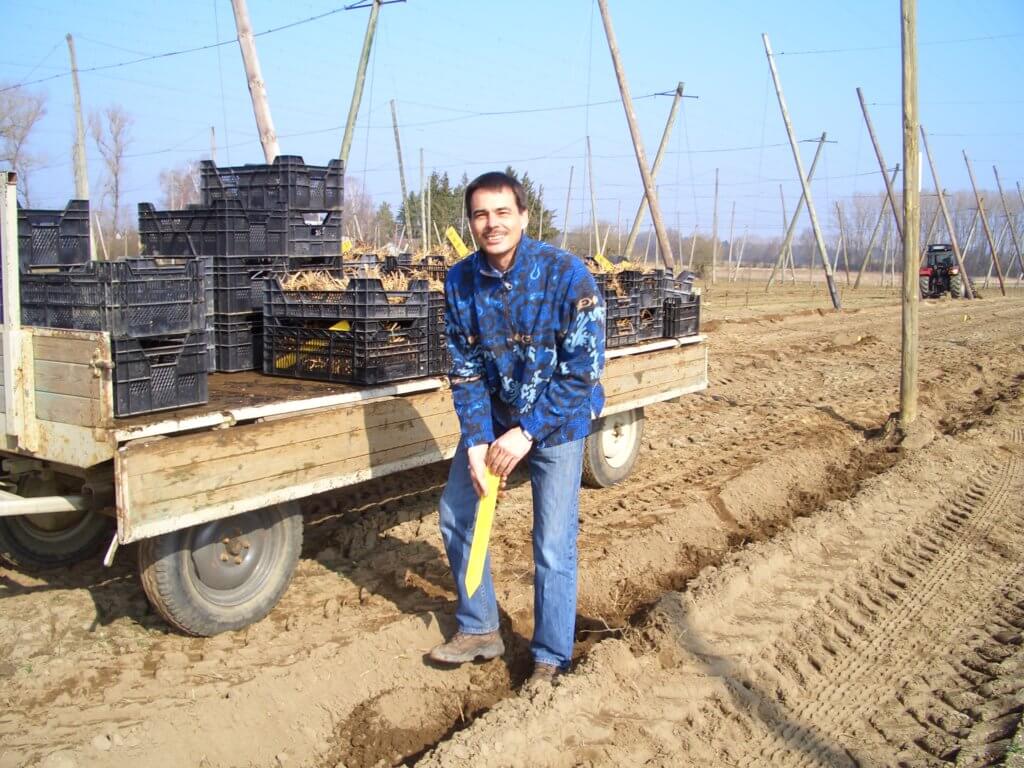
Planting of seedlings
Seedlings are planted in the experimental hop yard.
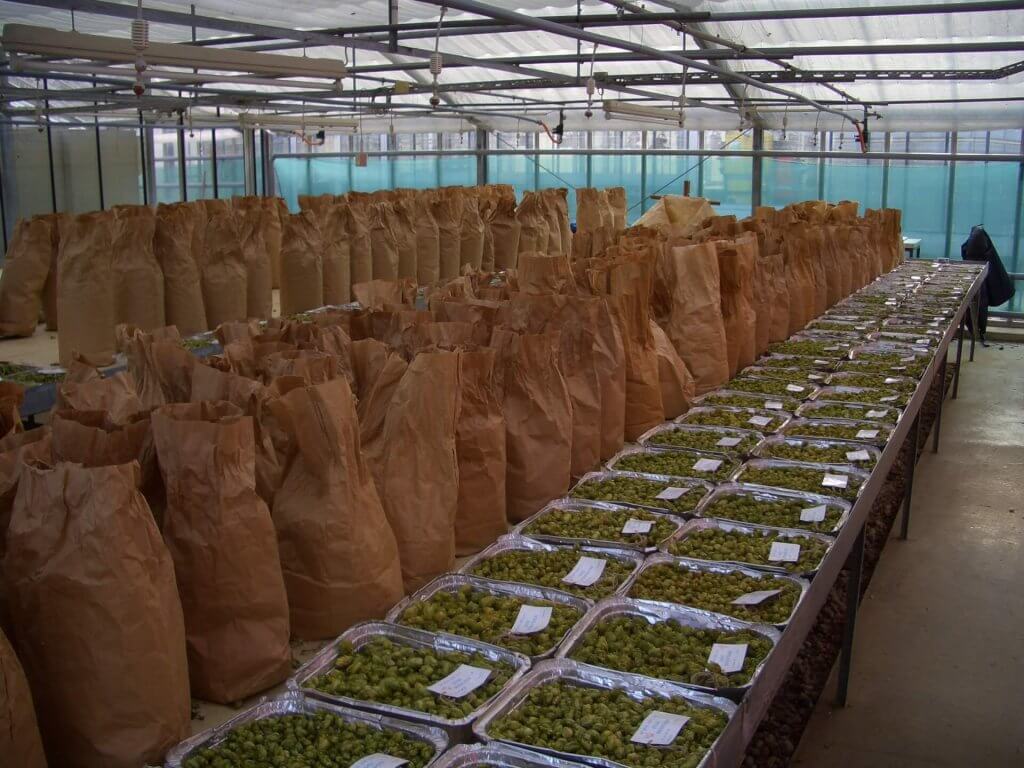
Monitoring of strains
Our experts evaluate the strains professionally and qualitatively.
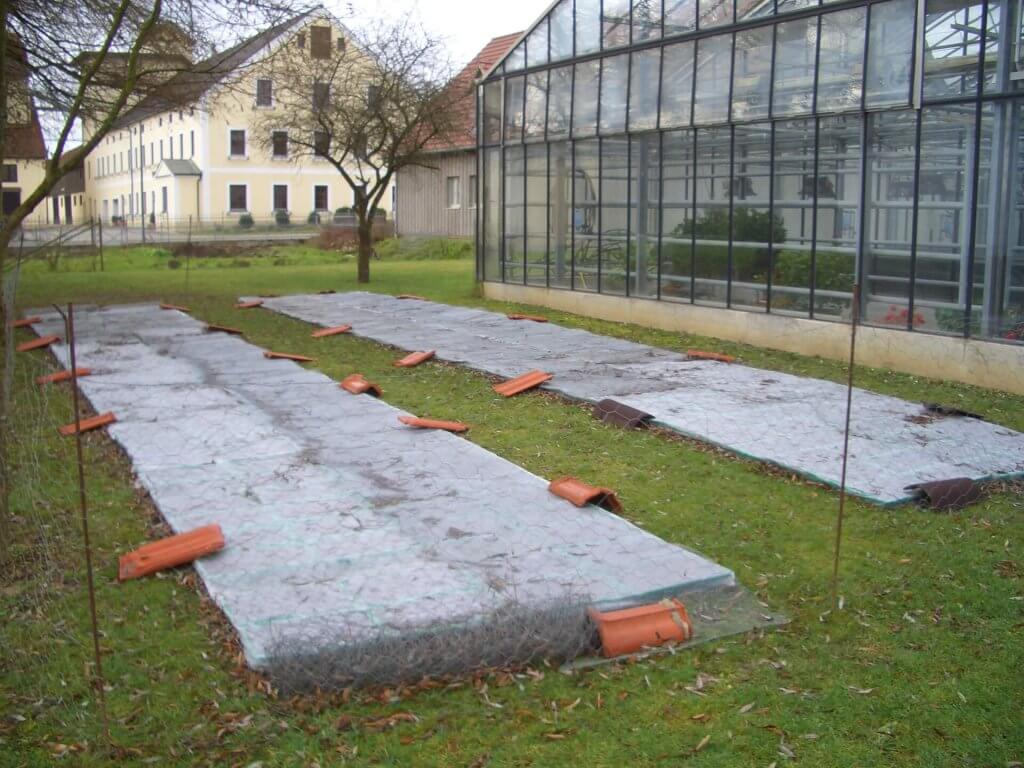
Seedling trays in winter
Seedlings need the cold to germ in the spring.
In trays and covered by a folie, the young hop plants overwinter on the outside.
